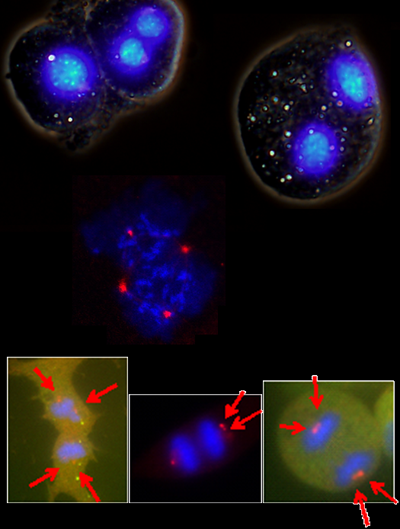Cellular plasticity is defined as the ability of cells to change their structure or function in order to become a different kind of cell. Mesenchymal stromal cells (MSCs) are cells that harbor variable differentiation potentials, and so considered to be stem cells. We sought to determine the extent of plasticity MSCs have by evaluating the stability of their differentiation potential. We found that MSCs have the ability to spontaneously gain new differentiation potentials by undergoing genomic reprogramming. Thus, it appears that MSCs are plastic entities, capable of adjusting themselves to their environment. The tumorigenic potential of MSCs is a matter of great importance as they are considered for use in various clinical settings. Although some MSCs do have a tumorigenic potential, it is relatively limited. By comparing tumorigenic and non-tumorigenic MSCs, we identified polyploidy as a novel mechanism which prevents cancer formation in mammalian cells. This work might also explain how normal polyploid cells in our body maintain a non-tumorigenic phenotype. It appears that MSCs are able not only to reprogram their genome and acquire new differentiation potentials, but also double their genetic content in times of need. Studying cellular plasticity of MSCs could possibly improve our ability to isolate safer and more efficient stem cells for clinical therapy.



